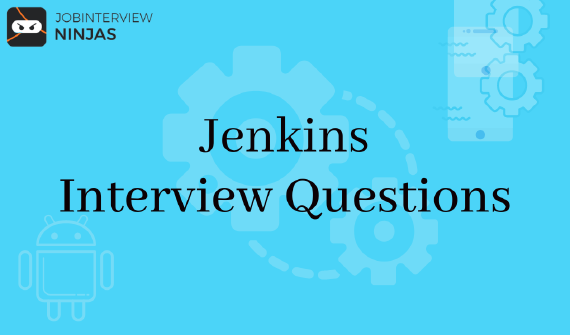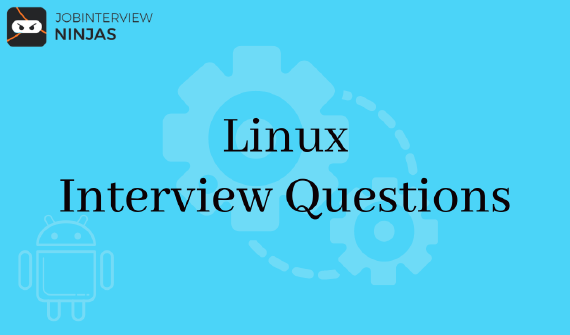
Top 40 Jenkins Interview Questions And Answers For Freshers/Experienced
If you are looking for a career in software development, then Jenkins is definitely worth exploring. This widely used …

Oracle is one of the largest software maker companies in the world. It was founded in 1977 and have its headquarter in Redwood Shores, California. It is one of the prestigious companies where a software professional surely wants to work. The high-tech computer technology attracts the professional as Oracle has abundant knowledge to give with high perks and a well-settled career. It is not hard to be a part of this MNC; you need to attend 3-4 rounds of interviews which is not tough to crack. You can crack it easily with good preparation. Here we have provided the complete application process, hiring process, and all other details.
The whole process of selection takes 1-2 months after the first call from HR. Before that, you need to apply for the suitable role available in Oracle. Follow these steps to apply for oracle and pursue the selection procedure. If you have any known person working in oracle, you can also use it by referencing him.
Also, Know about these Companies:
Oracle Hiring Process is not tough, and you have to go through 3-4 rounds before getting an offer. The process mainly takes three segments, i.e., online test, technical interview, and HR round, to be a part of Oracle. Let’s know more about these rounds.
Online Test: It is MCQ based online test where questions will be asked on four different sections, i.e., Aptitude, contextual communication, programming, and coding. Aptitude covers quantitative reasoning, logical reasoning, flow chart, etc., whereas the communication section covers verbal ability, vocabulary, comprehensions, and English-based questions. To clear the programming section, you need to prepare DS, Databases, Operating System, Networking, OOPS, etc., and coding covers are printing some patterns, languages like C++, Java, etc. Here we have given the Oracle online test pattern to get an overview of the job
| — | — | — | | Section | Number of Questions | Time Limit | | Aptitude (Quantitative + Logical Reasoning ) | 20 | 30 | | Contextual Communication | 20 | 20 | | General Computer Programming | 20 | 25 | | Coding | 2 | - |
Technical Interview: This section has multiple rounds (minimum 2 for sure) to test your technical knowledge of the core subjects and languages. This section does require good knowledge and practice to crack. The rounds will get tougher as you proceed to the next level to know your knowledge and skills. You might be asked to write codes or find the faults in the pre-written codes and explain them. It would help if you also prepared the projects you have worked on and technical situation-based questions. You must prepare any 1-2 languages of coding as per the role requirement, know about the company working and job profile, etc.
Learn More Interview Questions Here:
HR Interview Round: If you are facing this round, that means you have already cleared the technical interviews, and now HR will judge whether you are a good fit for the organization or not. They will ask your behavioral, leadership, and motivational and competitive questions to know where you stand and what skills you possess. Other than these, they will ask you questions about where STAR (Situation-Task-Action-Result) approach is required. General questions about your qualification, experience, industry knowledge, salary, strength, weakness, background, hobbies, etc., are always there.
It is one of the ways of the answer which Oracle always looks at in recruiting candidates. It is observed in all interviews, and also some questions are directly asked with this approach only, so what is the STAR (Situation-Task-Action-Result) Approach?
Be vocal in explaining and don’t hesitate and be nervous.
Three main sections will be a part of your interviews. You will surely ask questions related to these three sections, which are:
Some Don’ts to follow
Here we bring you the Oracle Interview experience of Rahul Maheshwari. It is a virtual interview in which the first round of interviews is an online test. The online test consists of Aptitude and Core CS Subjects questions which will be answered between 90-120 minutes. After clearing it the next round is of online assessment + technical interview which is about 35-45 minutes in which he was asked about his project, NLP, CS Core subjects, coding languages, etc.
The next round is the technical round in which he was asked about writing code on a reverse string of the given data and also face runtime errors questions. Now he pursued the last round which is HR + technical in which he was asked about Cloud and oracle products, Single Sign-on functionality. At last, the interviewer asks him that if he wants to ask anything and the interview is over. He was selected and joined as an Oracle employee, read the complete interview here.
Follow Simple Steps to apply in these Companies:
You can check the Oracle Interview Guide for more detailed information. We have provided all the information on a single page, which people require to know about the Oracle Interview Process. If you have any queries, then do reach us through the comment section.

If you are looking for a career in software development, then Jenkins is definitely worth exploring. This widely used …

In this post, we will cover a few Linux interview questions and their answers. So, let’s get started. In this …